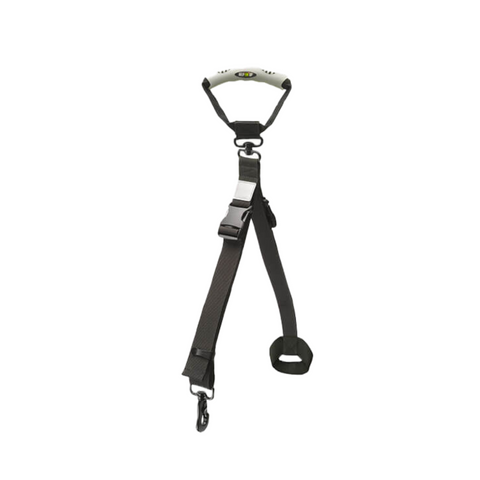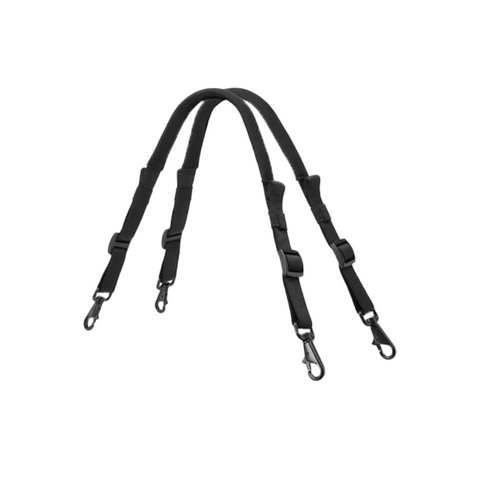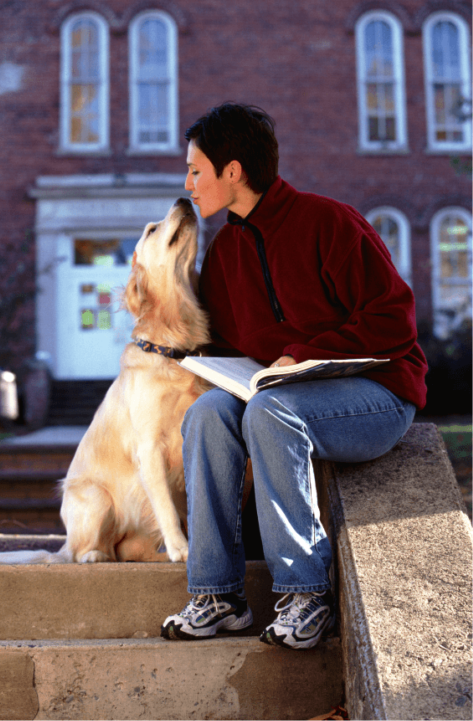We all love our dogs. Many people even think of them as their “children”. Developing a loving relationship with your dog based on respect is what all responsible dog owners should be doing.
How can you not love your dog? He doesn’t judge you. He is always happy to see you. He doesn’t care what you look like or how much money you have. He/she loves you unconditionally … and doesn’t talk back!

Believe it or not, you can love your dog too much, to the point where it is not good for the dog. Spoiling your dog a little is to be expected … accepting bad behavior is not.
Spoiling a dog means giving him anything he wants including making excuses or ignoring bad behaviors. ‘He doesn’t really know what he is doing’ or ‘he didn’t mean to do that’ or ‘but she so enjoys it’ are all phrases many of us have used. Just because your dog enjoys chewing your slippers does not mean it’s a good thing.
Dogs crave rules and routine. They need boundaries. A dog without boundaries can become aggressive, demanding or very proprietary of things including its owner. It spirals out of control until owners no longer want the dog and the dog is sent to a shelter through no fault of its own. You don’t want to reward behaviors you will later regret or have problems correcting.
Conversely, loving your dog means developing a healthy relationship between you two based on respect and trust. It means you are the Pack Leader and get to determine when the dog should be rewarded for good behaviors.
Spoiled dogs are those that drag their owners around the block on a walk, lunging at every dog and bush. It’s the dog that gets you up at 3AM even though he doesn’t need to go outside to toilet, he just wants attention. It’s the dog who starts barking the minute you get on the phone. The dog with no manners is the one that is spoiled.
Little Max Grows Into Big Max
Let’s use Max the Great Dane as an example. As a puppy, Max would jump and slobber all over visitors when they came to the door. It was not an aggressive attack, it was a ‘happy to see you give me attention’ attack.
When his pet parents arrived home from work at the end of the day, they would happily great him as soon as they got home. ‘Hi Max! How was your day? Did you miss us? With a happy and excited tone of voice. They would pet him and scratch him behind his ears and get him all riled up. He would get excited and lick and jump on them and they would all laugh and play together. Max learned early on that people rewarded him for jumping on them. He thought people wanted him to be excited when they came in.
Then Max grew to 150 pounds and the problems began. No one wanted to come and visit them.
What’s Love Got to Do with It?
Do you pay more attention to your dog when he is mis-behaving versus behaving? If so, his bad behavior may become more exaggerated to get your attention. Dogs should always be praised for good behaviors. ‘Rewards’ can be in the form of treats, a belly rub, a scratch behind the ear, or a long walk. Your dog lives for your praise.
You need to use the power of love to your advantage. Pet your dog when he’s calm and happy, not when he is excited and jumping. Reward your dog for listening and for doing what you ask him to do.
Every dog owner should love their dog. Every dog owner can spoil their dog if you are rewarding good behavior versus just ‘giving in’. Don’t spoil your dog to his own detriment!



